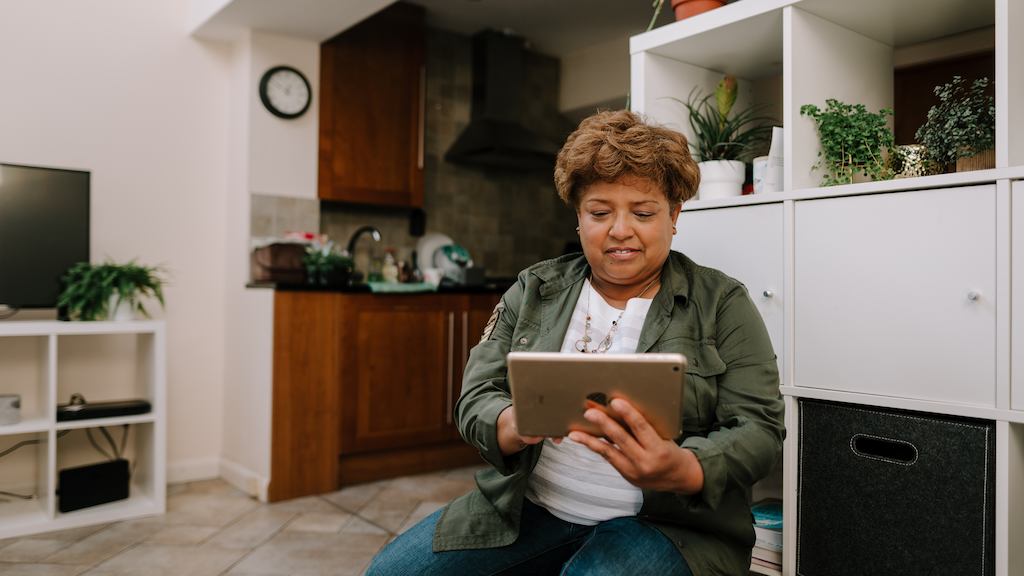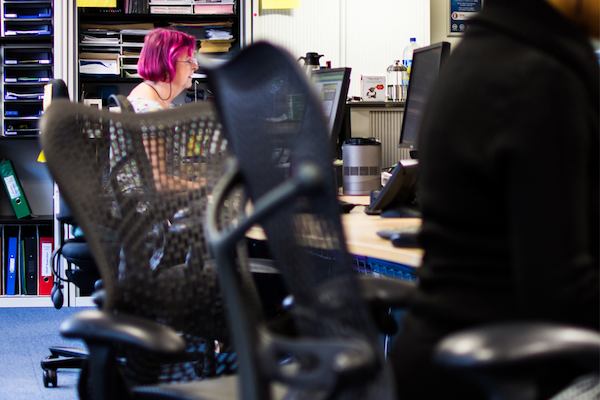There were several sessions at this year’s conference that focused on how COVID-19 has affected older adults, ageing, and our perceptions of getting older. Representatives from Manchester Urban Ageing Research Group presented their new book ‘Covid-19, Inequalities and Older People’, which discusses research findings on the lives and experiences of older people during the pandemic.
The research advocates for community-centred approaches and improvements to social infrastructure, both to reverse the social damage done by the pandemic and to build resilience ahead of future public health emergencies.
The research also delves into how the pandemic exacerbated inequalities for groups of older people, especially those from low-income communities and ethnic minority groups.
Inequality in experiences of ageing and outcomes in later life was a recurring theme throughout the conference. For example, inequality can emerge due to the impact of major later life events such as the onset of dementia, bereavement, forced migration and exclusion, as well as the housing history of people from low socioeconomic backgrounds, all of which have a significant influence on wellbeing across our lives.


